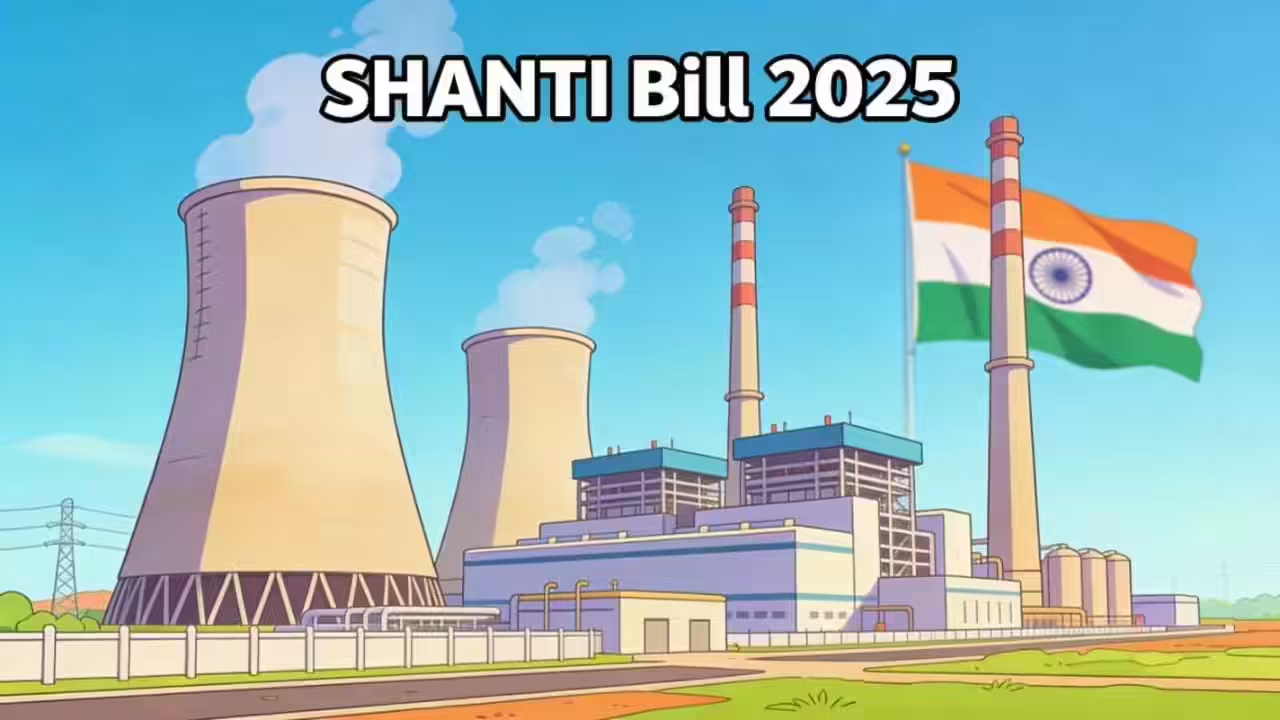Font size:
Print
Deputy Speaker
Context :
In the 18th Lok Sabha duly constituted Opposition’s is hoping to get the post of Deputy Speaker as the convention in past has been of opposition keeping the Dy speaker post.
Why in news?
- There was no Deputy Speaker for the entire duration of the 17th Lok Sabha (2019-24).
- M Thambi Durai of the AIADMK, a Govt ally at the time, was Deputy Speaker of the 16th Lok Sabha (2014-19).
- The Opposition had the post of Deputy Speaker continuously from 1990 through 2014.
Constitutional provision:
- Under Article 93 of the Constitution the House of the People (Lok Sabha) “shall” & “as soon as may be” choose two members of the House to be, respectively, Speaker and Deputy Speaker.
Election of Deputy Speaker:
The Dy Speaker is elected from among the Lok Sabha members by a simple majority of members present and voting.
- Conventions: The Deputy Speaker is elected by the Lok Sabha from among its members, usually in the second session after the general elections, once the Speaker has been elected.
- Historically, there has been a convention that the Speaker is elected from the ruling party/alliance, while the Deputy Speaker position goes to the main opposition party. This convention has been followed since the 11th Lok Sabha.
Terms of Office:
Under Article 94 of the constitution :
- Like the Speaker, the Deputy Speaker remains in the office usually during the life of the Lok Sabha.
- However, he may vacate his office earlier in any of the following three cases.
- if he ceases to be a member of the Lok Sabha;
- if he resigns by writing to the Speaker; and
- if he is removed by a resolution passed by a majority of all the then members of the Lok Sabha. Such a resolution can be moved only after giving 14 days’ advance notice.
Role/ Power of the Dy Speaker:
Under Article 95 the constitution lists below powers :
- The Deputy Speaker performs the duties of the Speaker’s office.
- when it is vacant.
- when the latter is absent from the sitting of the House. In both cases, he assumes all the powers of the Speaker.
- The Deputy Speaker is not subordinate to the Speaker. He is directly responsible to the House.
- He also presides over the joint sitting of both Houses of Parliament in case the Speaker is absent from such a sitting.
- The Deputy Speaker has one special privilege, that is, whenever he is appointed as a member of a parliamentary committee, he automatically becomes its chairman.
- When the Speaker presides over the House, the Deputy Speaker is like any other ordinary member of the House. He can speak in the House, participate in its proceedings, and vote on any question before the House.
Issues:
- The Constitution does not specify a time frame for making the appointments. It is this gap in the provision that allows governments to delay or avoid appointing a Deputy Speaker.
-
- However, use the words “shall” and “as soon as may be” – indicating that not only is the election of the Speaker and Deputy Speaker mandatory, it must be held at the earliest.
|
Supreme Court’s intervention in cases of a delay in electing the Deputy Speaker
|



